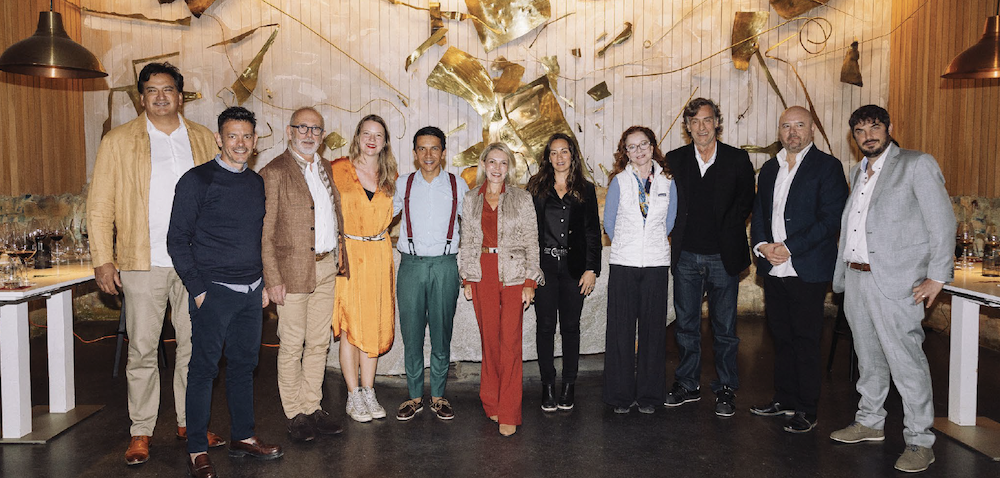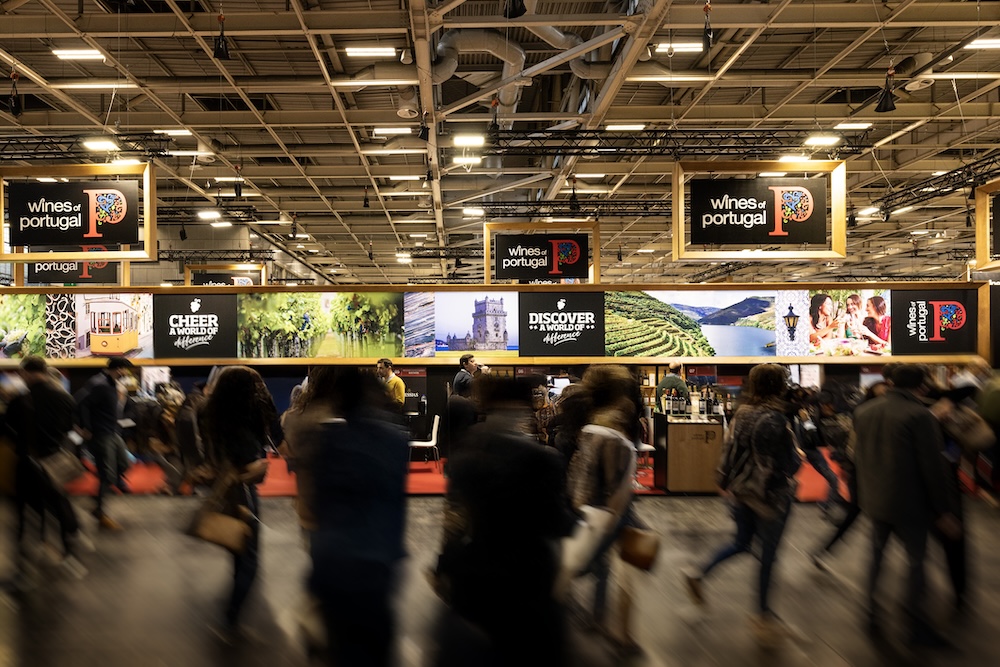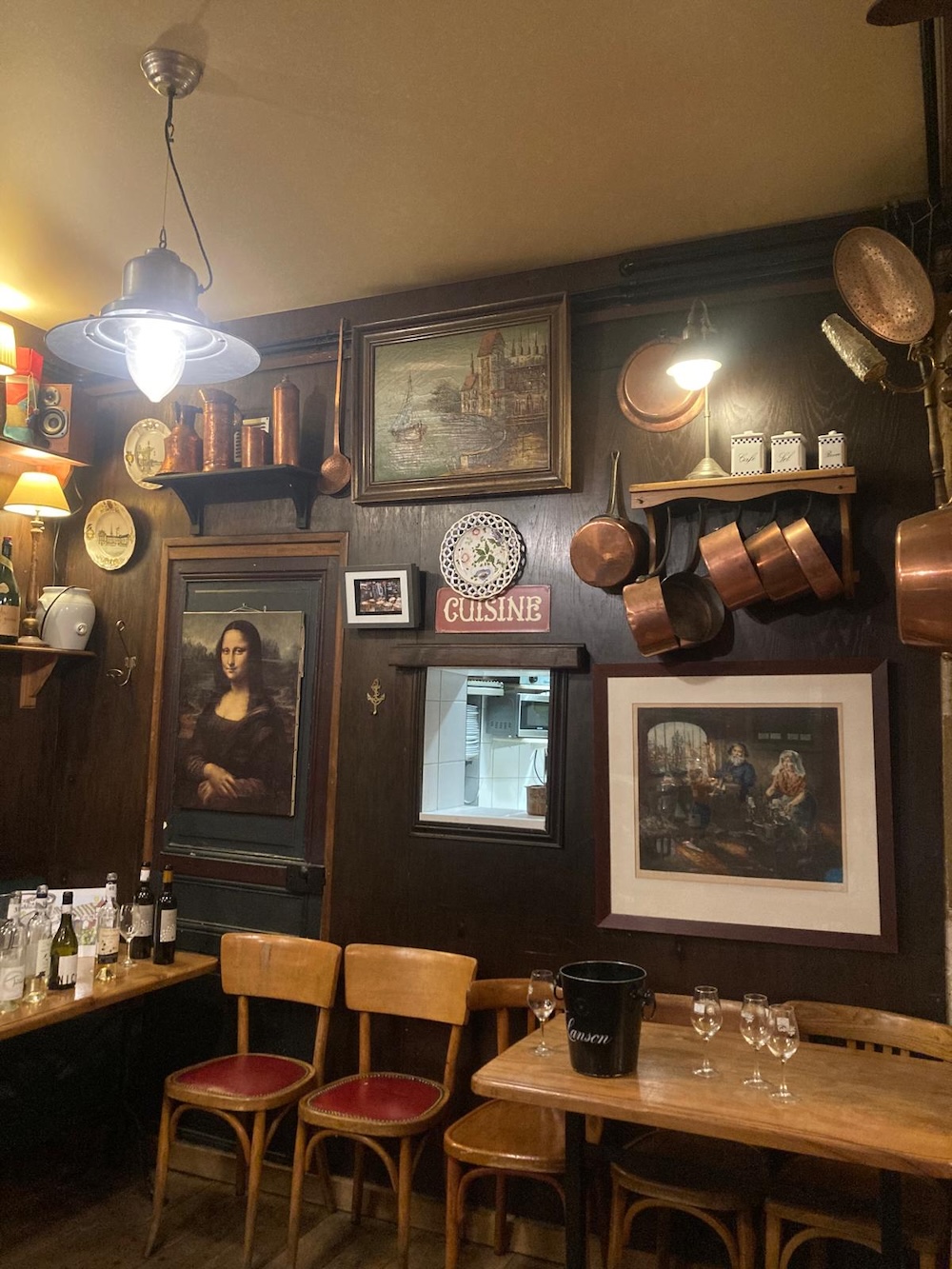
Discovery

Discovery
By Sylvain Patard - Photographs: Courtesy of the estates, posted on 29 April 2024
We interviewed the chairman of Wines of Portugal, Frederico Falcáo, to gain a better understanding of the country's wine scene and the major milestones in its recent development.

Frederico Falcáo: It’s the million dollar question! The trend I see is that Vinexpo-Wine Paris is growing and it’s becoming more international so it’s different to Vinexpo when it was in Bordeaux. Then, it was mostly French wines, now it’s not so much like that. It’s becoming more international, even in terms of buyers – a large percentage are buyers from outside France. Also, the trend we are seeing among producers, among our wine producers and people from all the other countries, is the same and that is that the fair is growing, and the trend is to disinvest a little in ProWein. So if you ask me, my perception is that Vinexpo-Wine Paris will become bigger than ProWein. I don’t know if it will take five or ten years, but my expectation is that it is going to be bigger than ProWein.
Frederico Falcáo: I would say all of them, because I’ve heard people talking about buyers from Cameroon in Africa, Ukraine, Japan, Russia, the United States and Canada, so every country. There’s a lot of people from outside France and outside Europe even, so I think it’s growing. That’s the big challenge for this fair – we are all trying to grow. Portugal is growing, Spain, Italy, maybe Chile’s coming in next year. A lot of exhibitors are growing, so the organisers need to capture more buyers, otherwise a lot of people will be showing their wines but no-one will be there to buy them. So the big challenge is to attract more buyers to the fair. But so far, they’ve been successful in bringing in a lot of people. That’s the trend I see.

Nearly 150 portuguese exhibitiors attended Wine Paris 2024.
Frederico Falcáo: Yes, Italy’s growing very fast, so next year they will have a big pavilion just for them. They are also disinvesting a lot in ProWein. I think this wine fair is doing very well and that it was a smart move to switch to Paris from Bordeaux. It’s nicer to be in Paris, the hotels are not as expensive as they were in Bordeaux or they are in Dusseldorf. It’s easier to fly into Paris than it is to other places and it’s more sexy, more attractive to come to Paris instead of Dusseldorf or Bordeaux. So it was a smart move and I think that’s an important part of the success and the growth of this event.
Frederico Falcáo: We know that we export on average 47% of what we produce. So nowadays, almost half of our production is exported. Portugal has been producing wines since Roman times and even before then. But during the 20th century, we were closed and only focused on the domestic market. In the 1980s we didn’t export that much wine. Portuguese consumers drink a lot – we are the largest per capita wine consumers in the world – so we didn’t feel the need to export our wines and to show our wines to the world. And then suddenly, I would say in the 1980s and 1990s, we started to look outside of our country and try to export more of our wines. Thirty years ago, nobody knew about Portuguese wines, except for Port of course. But then when we started to show our wines to the world, and to demonstrate how different our wines are, because we have different grape varieties, native grape varieties, different terroirs, it was a surprise for everyone. And I think this explains some of the success of our exports. Also, we came together under the same logo, Wines of Portugal, and that helps communications a lot to explain our country and to create a mass image of Portugal. The third factor is tourism, which in Portugal increased very fast over the same period. That helps a lot because people visit Portugal, try the wines, are surprised by them and when they go back to their countries, they drink more Portuguese wines and talk about Portuguese wines to their friends. We see a very strong connection between tourism and our exports to those countries.
Frederico Falcáo: I think we’re becoming more international because if you taste the wines from the 1970s or 1980s in Portugal, they were different. Then when we started to look outside of our country, and the young generations who are now in their 40s and 50s started to travel a lot and go to other wine regions to taste the wines and even work there, that made producers more open-minded. So they started to make wines using our own grapes but in a more international style, making them easier for consumers to like and understand.
Frederico Falcáo: We export all over the world of course, but as Wines of Portugal, we promote in 21 markets. Surprisingly, our main market for exports is France – it’s our number one market because of Port – then it’s the United States, UK, Brazil, Canada, Netherlands, Germany, and many others. These are the main markets but we export to almost every country around the world.
Frederico Falcáo: Domestic consumption is very strong. As Portuguese, we drink a lot of wine, but the very high levels of consumption in Portugal are also due to tourism, because drinking wine in Portugal is not that expensive. In Lisbon it’s a little more expensive now due to tourism, but if you drive just half an hour inland and drink wine in a restaurant, you can get a good wine for 15 or 20 euros, and that does not exist elsewhere in Europe or the world. If you go to a small town near Lisbon or Oporto and you go to a nice restaurant, people are surprised by the prices and drink a lot.
Frederico Falcáo: Yes, that’s why the total consumption in Portugal is very high. When you divide that between 10 million Portuguese people, you get a very high per capita consumption level, but it’s not just the Portuguese drinking the wine.
Frederico Falcáo: Our main message is that Portugal is truly a world of difference. Every part of the country has a wine region and we have good wines in every region of Portugal, which normally does not exist in other countries. There is huge diversity. If you go to Vinho Verde, it’s a cool area with granite soils and high rainfall. It is more suited to white wines. Then you drive an hour to the Douro Valley, where the soils are schist, it is very hot, very dry, and the focus is more on red wines. If you go down to Dao, everything changes again. So there’s huge diversity in a very small country. There is also a great number of native grape varieties, which makes a difference. In a very small country we can produce all styles of wine, we have different terroirs and native grape varieties, so this is truly a world of difference.
 Trellised Vinho Verde vineyards provide shade for an afternoon walk.
Trellised Vinho Verde vineyards provide shade for an afternoon walk.


Discovery

Discovery

Discovery